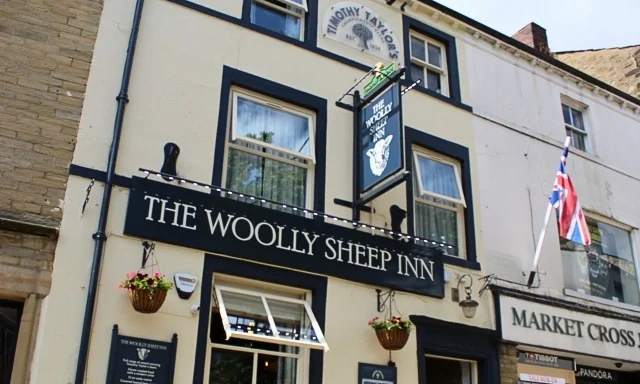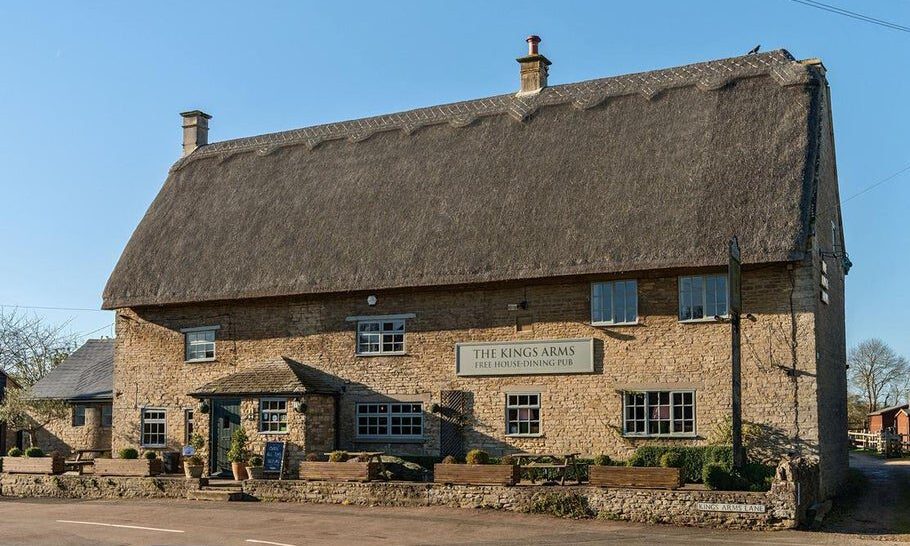Register to get 5 free articles
Reveal the article below by registering for our email newsletter.
Want unlimited access? View Plans
Already have an account? Sign in
Brewery and pub operator, Timothy Taylor, has seen its turnover rise 6% to £35m in the year to 30 September 2024, as brand sales improved on the previous year and gross profits increased by 9.5% to £19.4m.
Production and procurement efficiencies, alongside lower energy costs, offset some of the additional expenditure, according to the business’ filing at Companies House. This supported a recovery in operating margins, with operating profits rising from £1.7m to £2.2m.
When including net interest income, profit before tax rose to £2.7m, meaning that Timothy Taylore is £0.5m ahead of the previous year.
Draught beer sales were strong, with Landlord in particular seeing high demand from pubs prioritising a premium brand. During the year, Landlord became the country’s best-selling cask ale by both value and volume. The company also continued to invest in its presence in the growing kegged ale sector.
The group’s capital investment in the brewery also remained strong, with £1.1m spent on plant and machinery. This formed part of a five-year capital programme totalling £9m.
Timothy Taylor’s pub estate, which comprises two managed and 17 tenanted pubs, also performed well and recorded a significant recovery in profitability. The Woolly Sheep in Skipton, the larger managed site, achieved record sales and profits.
Meanwhile, Taylor’s on the Green in Keighley, the brewery tap and a showcase for the company’s beers, substantially reduced its losses in its second year of trading. Underlying income from the tenanted estate was ahead, driven by strong trading in several recently refurbished sites, though reported profit was held back by increased repair costs.
The company’s strategy remains focused on long-term investment that benefits employees, tenants, customers, suppliers and shareholders.
However, Timothy Taylor’s leadership expressed in its filings at Companies House that an unsupportive fiscal and regulatory environment is a barrier to such growth.



















